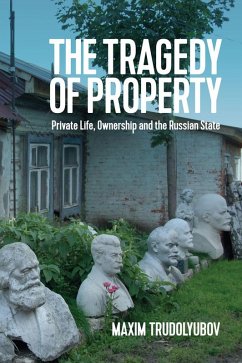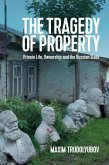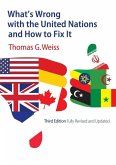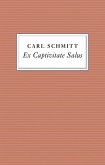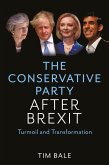Russian novels, poetry and ballet put the country squarely in the European family of cultures and yet there is something different about this country, especially in terms of its political culture. What makes Russia different? Maxim Trudolyubov uses private property as a lens to highlight the most important features that distinguish Russia as a political culture. In many Western societies, private property has acted as the private individual's bulwark against the state; in Russia, by contrast, it has mostly been used by the authorities as a governance tool. Nineteenth-century Russian liberals did not consider property rights to be one of the civil causes worthy of defending. Property was associated with serfdom, and even after the emancipation of the serfs the institution of property was still seen as an attribute of retrograde aristocracy and oppressive government. It was something to be destroyed - and indeed it was, in 1917. Ironically, it was the Soviet Union that, with the arrival of mass housing in the 1960s, gave the concept of private ownership a good name. After forced collectivization and mass urbanization, people were yearning for a space of their own. The collapse of the Soviet ideology allowed property to be called property, but not all properties were equal. You could own a flat but not an oil company, which could be property on paper but not in reality. This is why most Russian entrepreneurs register their businesses in offshore jurisdictions and park their money abroad. This fresh and highly original perspective on Russian history will be of great interest to anyone who wants to understand Russia today.
Dieser Download kann aus rechtlichen Gründen nur mit Rechnungsadresse in A, B, BG, CY, CZ, D, DK, EW, E, FIN, F, GR, HR, H, IRL, I, LT, L, LR, M, NL, PL, P, R, S, SLO, SK ausgeliefert werden.
'The Tragedy of Property is the story of how Russia came to be as it is: a land of aspiration and anxiety, of challenge and opportunity, and of endless unasked questions. This book must be read by anyone who wants to understand where Russia is headed, and where we will meet it.'
Samuel Greene, King's College London
"Cogent and vivid"
The TLS
Samuel Greene, King's College London
"Cogent and vivid"
The TLS

